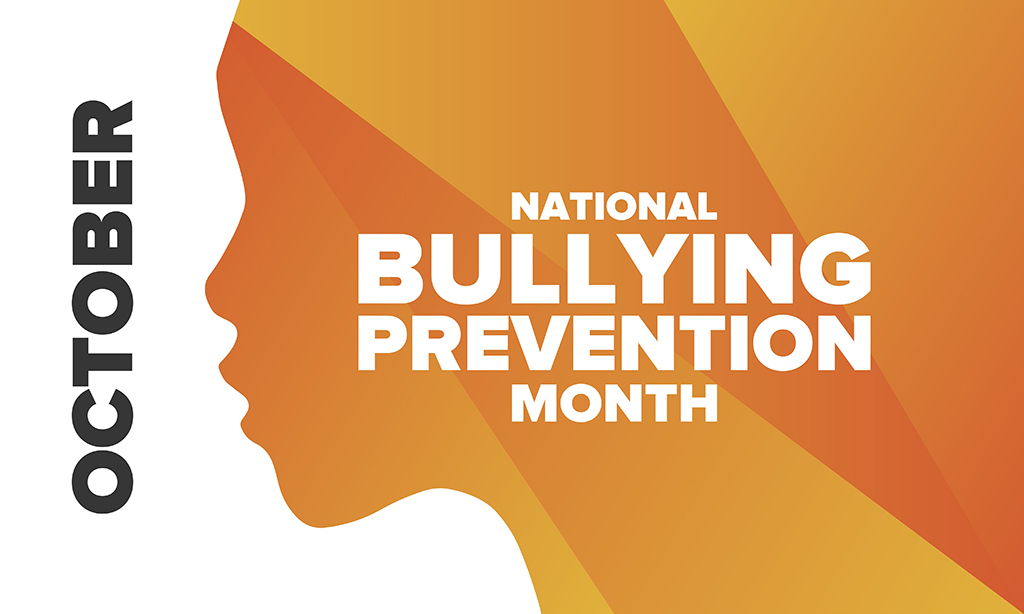
From www.StopBullying.gov:
Educators and teachers can create a safe, supportive learning environment and a classroom culture of positivity, inclusiveness and respect. They can reward students for positive social behavior. Schools can communicate bullying policies at their school to parents, students, teachers and staff and follow through on them. Monitoring bullying ‘hot spots’ around the school campus can also help prevent bullying.
Talk About Bullying At Home
Parents and caregivers can talk with their children about their school and digital life, and the many roles children can play in bullying. By asking open-ended questions, they can talk about their children’s experience and communicate expectations about appropriate behavior – in person and in their digital world. Parents are the primary role models for their children, and when they model the behavior they expect from their children, they teach through actions.
Support Your Community
Mentors can also model kindness, inclusivity, and respect. They can ask open-ended questions of their mentees and listen without judgement. Providing positive reinforcement to children and teenagers can help protect them from bullying and other risky behaviors. They can also provide support to all kids involved and help make sure the bullying doesn’t continue and its effects are minimized.
Get Help
Youth who experience bullying can reach out to a trusted adult to talk about it and get support. If they’re being cyberbullied, they can capture screenshots. They can block the people who are bullying. If they witness bullying, they can change the conversation and deflect it. If they feel they can do it, they can stand up for the person being bullied, either on their own or with friends as a group. If they don’t feel safe doing that, they can reach out to the person being bullied to let them know that they don’t agree with it. If youth witness cyberbullying, they shouldn’t participate or share the posts or texts. They can learn more about how bystanders are essential to bullying prevention.They can also talk to a trusted adult for advice.
For more information and resources, visit the PACER Center which started National Bullying Prevention Month: https://www.pacer.org/bullying/nbpm/
IF YOU ARE BEING BULLIED
SOME LINKS
- Tell someone – your parents, family, principal, teachers, religious leaders, or friends. Keep telling until someone stands up for you.
- If you’re getting cyber bullied, keep evidence. Cyber bullying is against the law.
- Call a hotline. Look at the footer of this website for numbers to call.
- Stay on the phone with friends, family, or a hotline. Talking it out will help.
- Remember that you are a wonderful person, and that this too shall pass.
- Be hopeful. Many states are instituting a zero-tolerance policy on bullying. If you are in one of those states, you can always go to the local School Board if your principal is not taking your complaints seriously.
